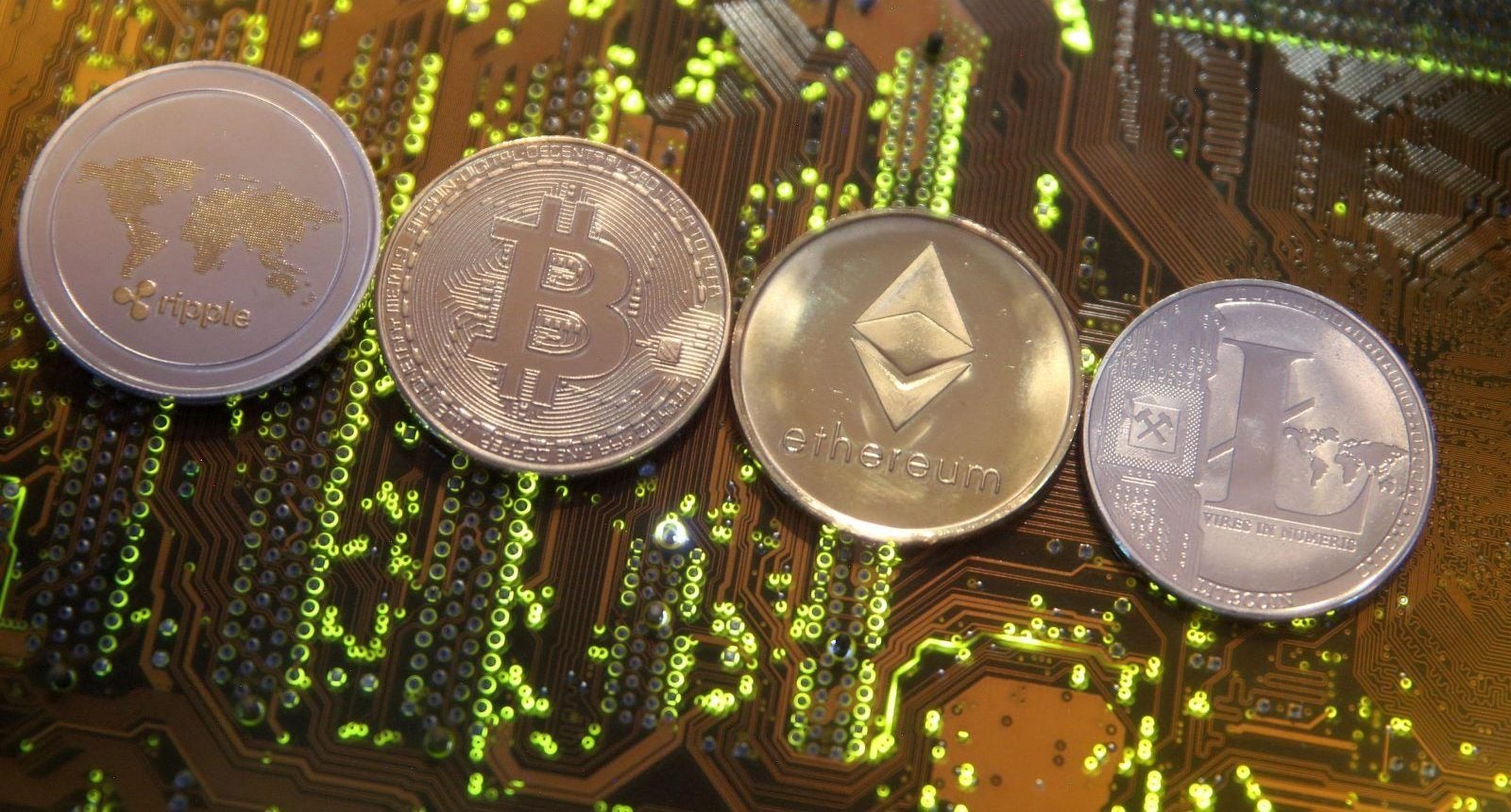The Indian government is worried that cryptocurrencies may destabilise the rupee
From money laundering to terror financing, the risks associated with cryptocurrencies are well known. But a high-level panel tasked with drafting rules for India’s virtual currency ecosystem is now obsessed with its impact on a less-explored area.


From money laundering to terror financing, the risks associated with cryptocurrencies are well known. But a high-level panel tasked with drafting rules for India’s virtual currency ecosystem is now obsessed with its impact on a less-explored area.
The committee, led by the top bureaucrat Subhash Chandra Garg is believed to be in a tangle over the impact that digital coins will have on the Indian rupee if they are allowed for making payments.
The panel was set up in November 2017 under Garg, the economic affairs secretary in the ministry of finance, and is in advanced stages of drafting regulations for cryptocurrencies in India.
“If bitcoin and other digital currencies are going to be allowed to be used for payments then whether it will end up destabilising the fiat currency is a major concern for them (the Garg panel),” said one of the representatives from the cryptocurrency ecosystem who recently met the ministers, requesting anonymity. “The overall impact on the financial ecosystem that it is likely to have is still unclear and it has been a challenge to convince them on this particular point.”
The fears have been possibly bolstered by a report released by the Bank for International Settlements (BIS) last March. Based in Basel, Switzerland, the BIS is a club of sorts for the world’s central banks, and it is usually concerned about matters like the stability of the global financial system. Along with 59 other central banks, the Reserve Bank of India (RBI) is a member of the BIS.
In the report, it had said that virtual currencies can one day be issued by policymakers for settling payments among financial institutions, among other things. However, it had also warned that digital coins might destabilise traditional banks if they are offered widely to the general public.
But the cryptoecosystem believes that such risks may not arise in the near-term.
Truth or hype?
“At this point it may be a bit premature to worry about this as right now even globally only a handful of payments are made using virtual currencies and that will be the case till blockchain reaches the scale that say Mastercard or Visa have,” said Rahul Raj, founder of Koinex, an Indian cryptocurrency exchange.
“Therefore, there is (a) considerable time before that concern even comes up.”
Moreover, the Indian government had made it clear on several occasions that it does not recognise these new-age coins as legal tender and is unlikely to do so. “You can’t buy goods and services in India using any other currency such as the dollar, pound or even gold and it needs to be converted first into rupee to complete payments, a stance that can also be adopted for cryptocurrencies,” added Raj.
Earlier, both the RBI and the Garg Panel had also been considering launching its own cryptocurrencies. The government has also previously expressed that it is not comfortable with virtual currencies, even though it wants to push blockchain technology, a digitised and decentralised public ledger for cryptocurrency transactions.
On the other hand, the government is also concerned that these currencies may be used for money laundering, terror financing, or other illegitimate transactions, and can also be used to dupe gullible investors.
In November last year, in an ongoing court battle of cryptocurrency exchanges, against the Indian government and the RBI, the finance ministry had informed that the panel was going to submit a draft report to its own members on the ecosystem. The findings of this report were to be discussed in a meeting held in January 2019.
There is no timeline on when the regulations are likely to be out but it seems it will take time till few of these pertinent issues are ironed out. Till then, the industry will continue to remain on tenterhooks.